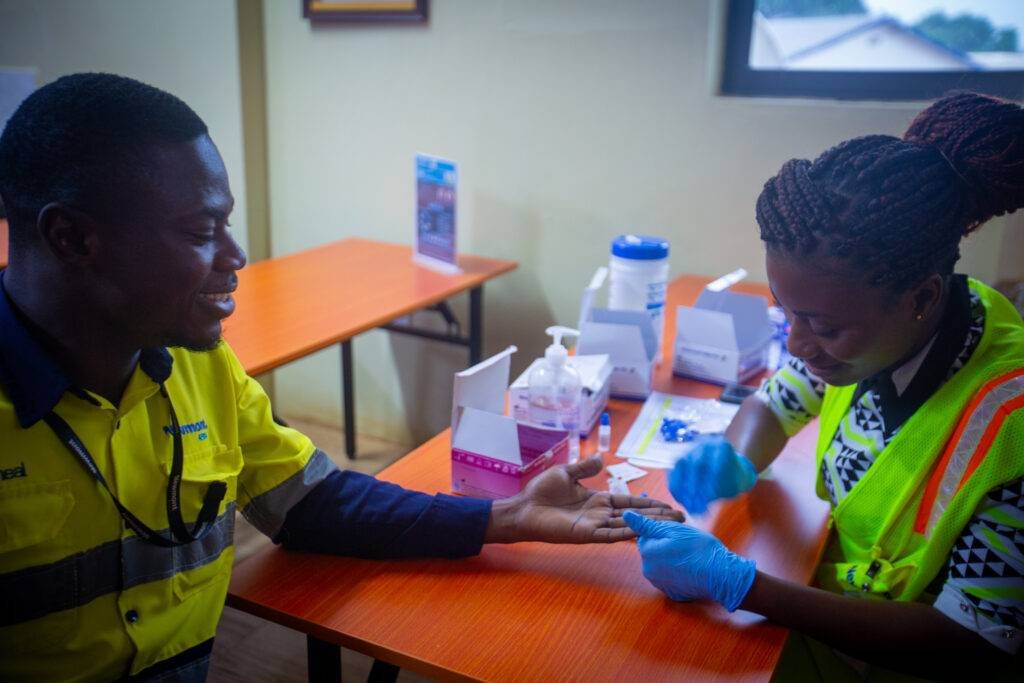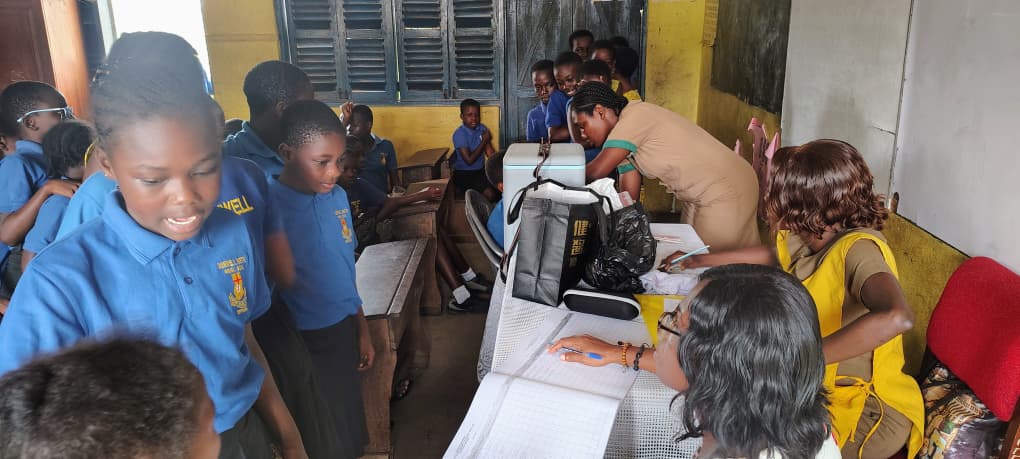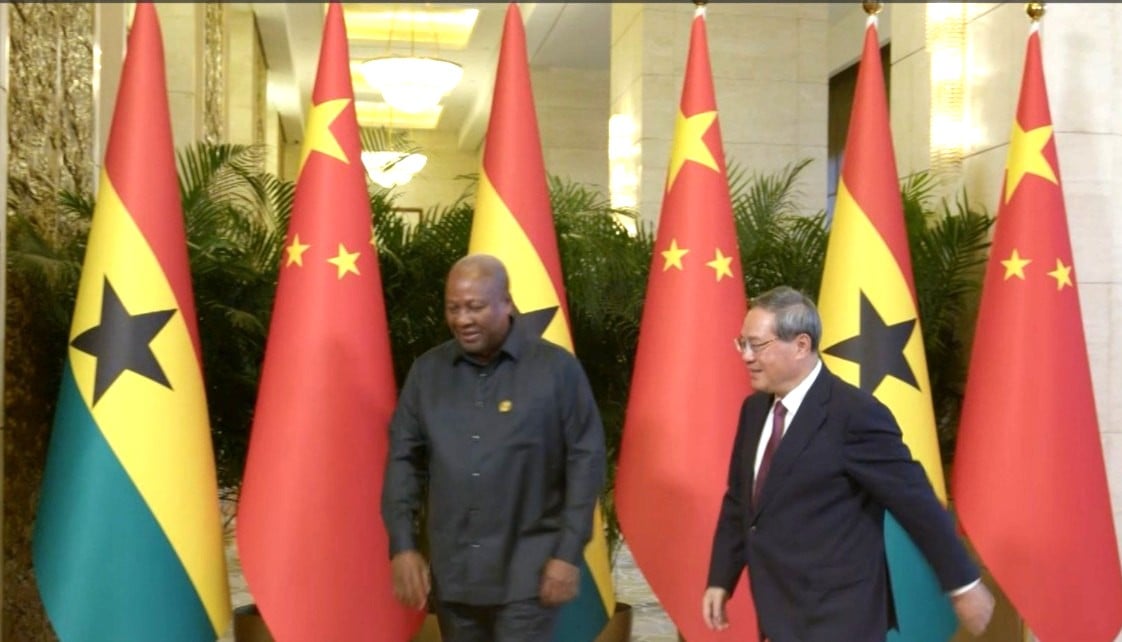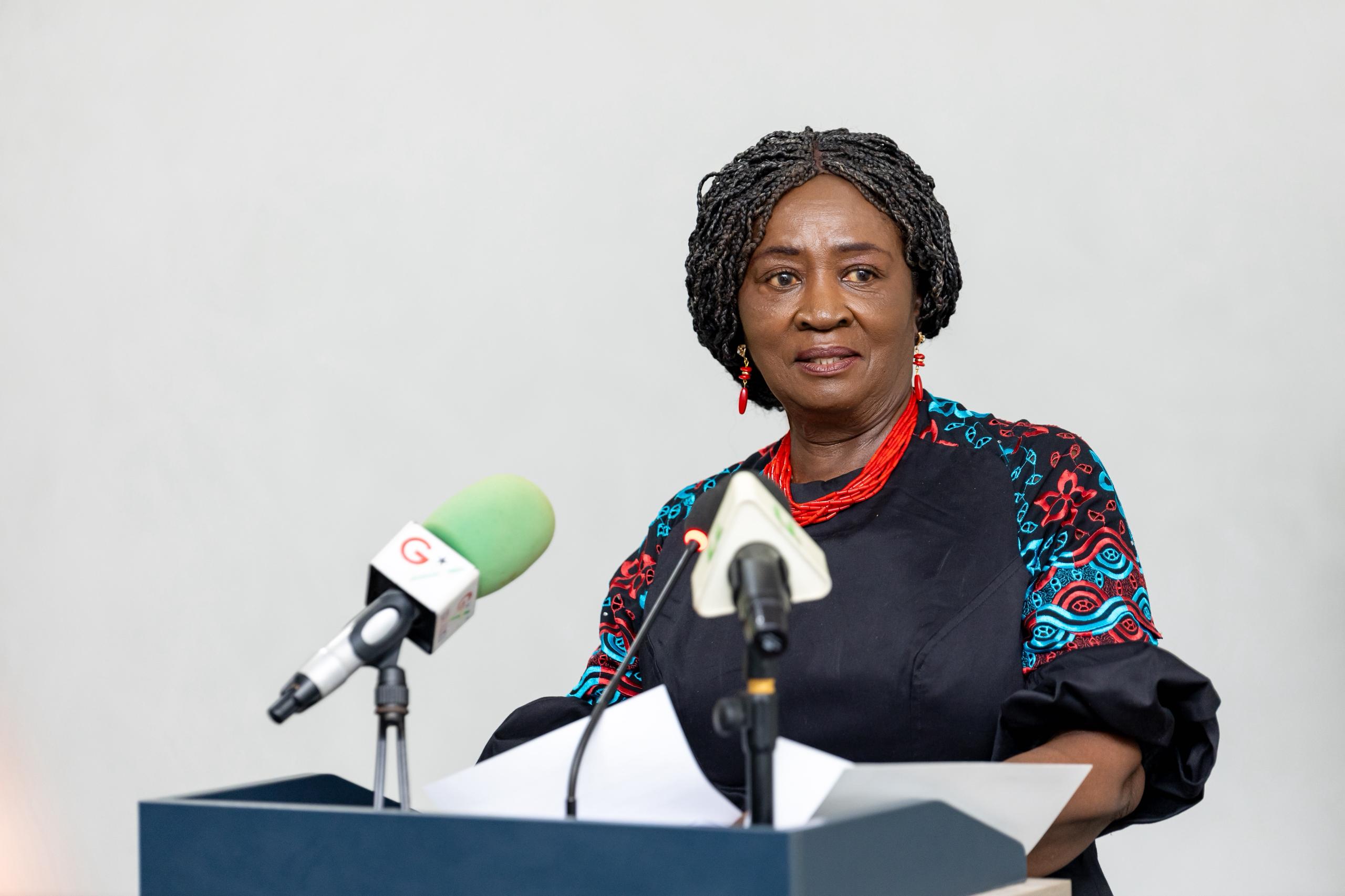
National governments have been urged to increase investments in Tuberculosis (TB) care and prevention as current investments fall far short of the levels required to end the epidemic by 2030?the end date of the Sustainable Development Goals (SDGs).
They are also to intensify efforts to identify and remove the challenges that are slowing down progress to ending the TB scourge, as well as adopt and roll out the most cost-effective policy options and interventions.
In addition, they are required to fund core TB control services from domestic resources and, in line with universal health coverage, ensure that quality-assured preventive, diagnostic, treatment and care services are available for all.
These were contained in statement by Dr Owen Kaluwa, World Health Organization (WHO) Country Representative in Ghana, at the commemoration of this year's World Tuberculosis Day in Accra on Friday, March 22, 2019.
Dr Owen was emphatic that to end TB by 2030, universal access to the WHO-recommended rapid molecular tests should be guaranteed as first-line tests for diagnosis for all presumptive TB cases.
He said the new WHO-recommended drugs and drug combinations for treating drug-resistant TB should also be adopted and called for the strengthening of Civil Society Organizations (CSOs) and community systems to provide diagnostic support and care where patients live and work, facilitate access to needed services and to assist governments in scaling up services.
In an address delivered on his behalf, Kwaku Agyeman-Manu, Minister for Health, underscored the importance of preventive therapy as an effective intervention to reduce TB infection.
Dr Agyeman-Manu noted that TB was easy to cure, but fatal to ignore and that preventive treatment of TB infection could interrupt the cycle of infection, illness and death from TB.
In view of the importance of preventive treatment, he said the Government of Ghana (GoG) had procured sophisticated laboratory equipment, including 48 digital X-ray machines and 128 Genexpert machines in an effort to detect early and treat the missed TB cases.
He disclosed that GoG was enrolling all TB patients onto the National Health Insurance Scheme (NHIS) to ensure that TB patients who were already receiving treatment for free were also getting a comprehensive health care and were being treated for other co-morbidities to reduce the death rate among TB patients.
In addition, Dr Agyeman-Manu said, the Ministry of Health, through its implementing partners?the Ghana Health Service (GHS)and CSOs were implementing TB preventive treatment to vulnerable people, starting with people at high risk, such as Human Immuno-deficiency (HIV) patients.
He expressed gratitude to all health workers and volunteers, Stop TB Partnership (Ghana), the private health care sector, development partners and the media for their commitment and contributions to the fight against TB.
In a statement read on his behalf, Dr Nsiah Asare, Director-General, GHS, disclosed that the National TB Programme had developed a major intervention plan?TB Prevention Therapy (TPT)? to halt and reverse the TB epidemic.
Dr Asare said US$ 13 million was required annually to meet the funding gap required for the implementation of the plan.
TB is an infectious disease caused by a small germ (micro-organism) known as Mycobacterium Tuberculosis.
Persons with TB infection and HIV have a very high risk of developing TB disease which usually affects the lungs and causes coughing; and without treatment, these can work together to shorten the life of a person infected with both TB and HIV.
World TB Day, which is observed on March 24, every year, is, therefore, designed to build public awareness about the global epidemic of TB and efforts to eliminate the disease.
World TB Day 2019 was commemorated on the global theme: It is time to end TB, while in Ghana the theme was expanded to read: It is time... Find the missing people with TB.
The Day was first hosted in 1995 by WHO and the Royal Netherlands Foundation (KNCV).
Hits: 31
Read Full Story



















Facebook
Twitter
Pinterest
Instagram
Google+
YouTube
LinkedIn
RSS